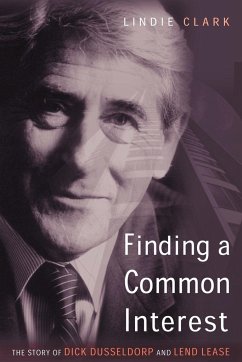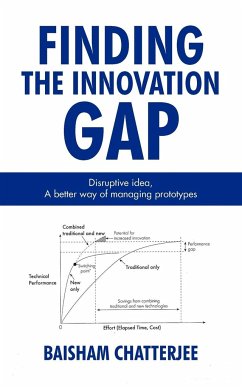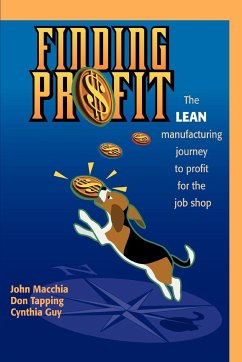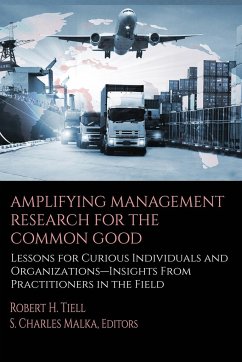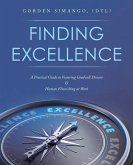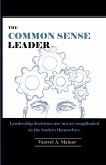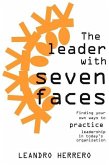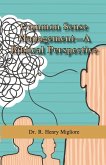This important book demonstrates how businesses can operate both profitably and ethically - by finding a common interest between all those involved in their operations. It does so through the example of Dick Dusseldorp, founder of Lend Lease, one of Australia's most admired blue-chip corporations. Arriving in postwar Australia with only one construction contract and a handful of workers on his company's books, Dusseldorp built Lend Lease into a billion-dollar property development and financial services concern. Widely respected for his business success, Dusseldorp was equally well known for his commitment to sharing the fruits of that success with the workers, shareholders and clients of Lend Lease, and the communities where the company conducted its business. Not only does this book tell the story of Lend Lease and its founder, through them it demonstrates how business can be done inclusively - and so provides a workable model for corporate governance.
Hinweis: Dieser Artikel kann nur an eine deutsche Lieferadresse ausgeliefert werden.
Hinweis: Dieser Artikel kann nur an eine deutsche Lieferadresse ausgeliefert werden.

